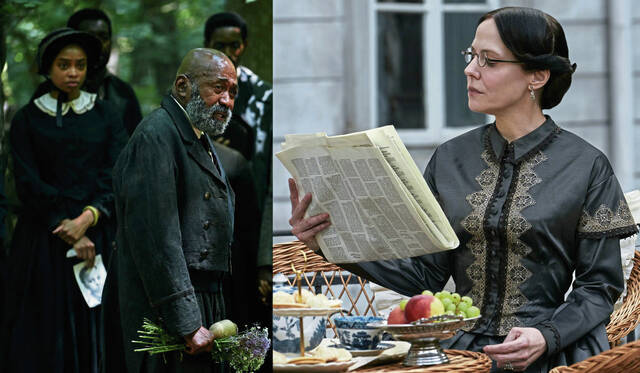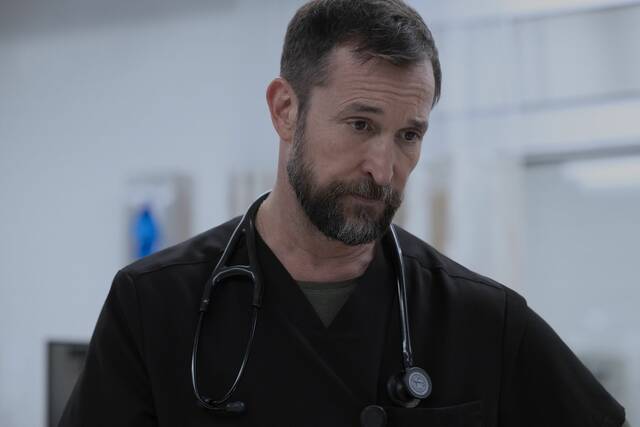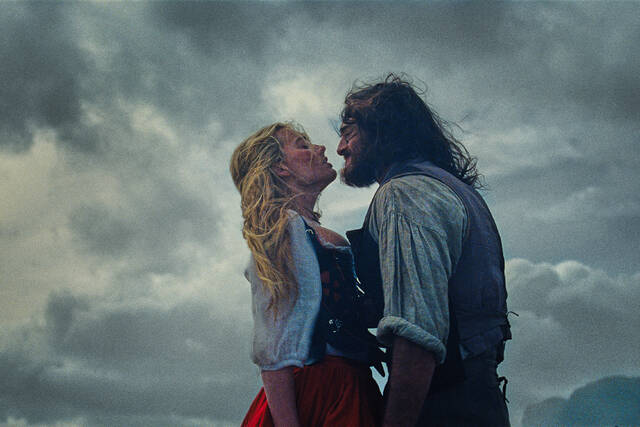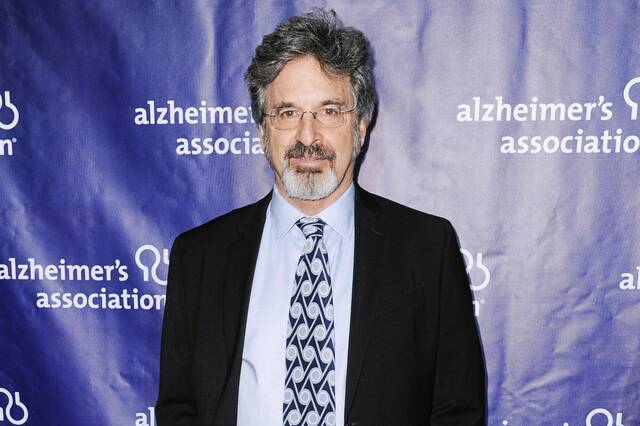Showtime’s “Your Honor” was not my favorite series — excruciating in its details about a fatal accident, eyeroll-inducing with every self-defeating decision that made a bad situation immeasurably worse. But viewers disagreed, making “Your Honor” Showtime’s most-watched series premiere ever at the time (it later got upstaged by “Dexter: New Blood”).
Although “Your Honor” was announced as a limited series with no plans for a second season, those big ratings for season one ensured it was just a matter of time before the show got extended into a second (and supposedly final) season.
Bryan Cranston (“Breaking Bad”) stars in “Your Honor” (streaming Jan. 13; on air at 9 p.m. Jan. 15) as Michael Desiato, a New Orleans judge who in season one broke the law in a bid to protect his son — who wound up dead by the end of the season anyway.
In season two, Desiato has lost the will to live, but he’s dragged back into chaos by federal prosecutor Olivia Delgado (Rosie Perez), who’s determined to bring down crime boss Jimmy Baxter (Michael Stuhlbarg), who tries to go legit but finds himself on the outs with his angry wife Gina, (Hope Davis).
As for the poor choices Desiato made in season one, Cranston chalks them up to testosterone.
“It’s a generalization, but the testosterone that pumps through a man’s body makes him do stupid things. We’ve known that forever,” he said. “Part of that is ego and thinking that ‘I can do this,’ ‘I can control it.’ And that invariably gets men in trouble. It’s astounding when you think of it, but I think there’s truth to that.”
Cranston said Desiato ignored his principles and moral compass, which led to his fall from grace.
“He set everything aside and became someone he was not, and he lost himself,” Cranston said in September during the Showtime portion of the Television Critics Association virtual summer 2022 press tour. “He spiraled down to less than zero. And it then occurred to me, if we end it there, it’s certainly understandable. The man is dead in so many ways. But is there life after despair? Is there any sensibility of life after grief? And that intrigued me, and I wanted to explore that in an honest way, to be able to say there can be a reconstruction of a human being if that person follows certain human protocols to get back in touch with their humanity. So as season one was spiraling downward for this character, season two has a very slow spiral upward, and it actually made me feel better about human beings and the complexity that we hold.”
First-season showrunner Peter Moffat exited the series before the start of season two “for personal reasons,” Cranston said, but Moffat had already laid out a template for the second season that new showrunner Joey Hartstone, a writer on season one, could build upon.
“The second season is about redemption and where in our society on the larger picture and where in our story on a more micro picture does redemption fit,” Cranston said. “Is there a place for that in this world? And it’s something that really intrigued me, the ripple effect that happened and living with that level of despair and grief, and how does a person come out of that to continue on?”
Hartstone says season two is more of a continuation than a reset.
“When you look at Michael, the way that he’s quick on his feet (in season one), that’s atrophied because of what he’s experienced,” Hartstone said. “Expect to see the characters that you know, but because they all endured such trauma in season one, it’s impacted who they are and often changed who they are and how they react.”








